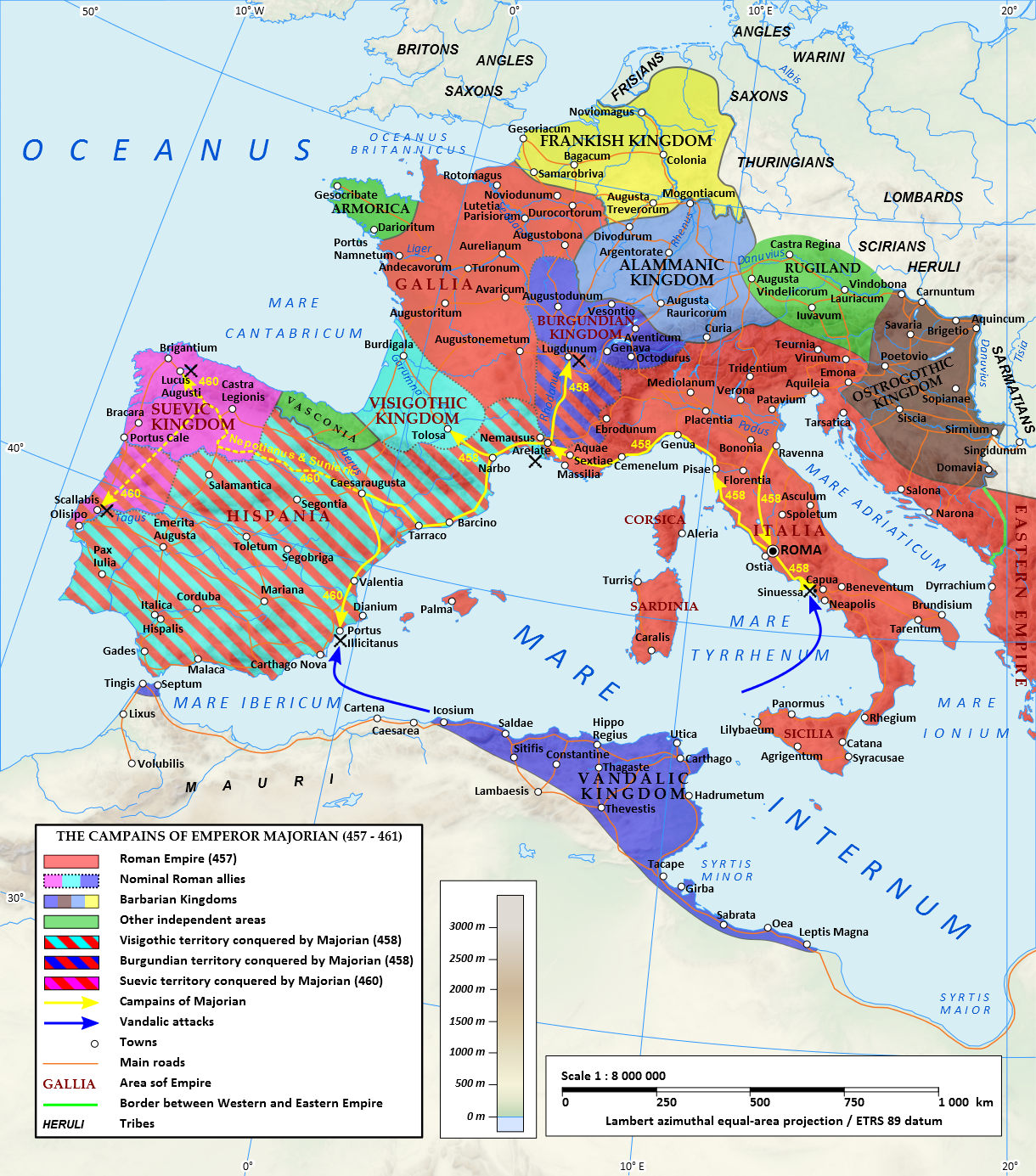History_Buff
Deity
- Joined
- Aug 12, 2001
- Messages
- 6,529
If Napoleon never attacked Russia, what could he have achieved? or was the end of his military grip over Europe forthcoming anyway?
Presumably shored up power on the continent while trying to further isolate Britain and Russia diplomatically. But that's not the kind of person that Napoleon was, nor would the rest of Europe just taken things lying down.
If Hitler invaded England during the early or middle stages of the aerial Battle of Britain instead of later turning his armies against the Soviet Union, could he have been successful? Would the RAF simply sink his transports prior to them arriving on British soil? would he have been able to take the whole island? Did he simply have to eventually invade the Soviets due to the need for their resources? Even if successful against England, Germany could've never conquered North America, later on, correct?
There is no plausible situation in which Sea Lion could possibly have succeeded. The Germans had no ability to get their forces across the English channel, and the plans they did have were laughably poor.
Contrast the slapdash preparations that would have been in place, to the attack that we know succeeded, Operation Overlord. Overlord took place after years of planning by the Allies, with massive industrial resources provided by the United States, enjoying air and naval superiority, along with a hefty element of surprise and support from airborne troops. While it was doubtful that the Germans could have successfully pushed them back with all those advantages, it was also very difficult for the Allied troops to breakout from their beachheads.
Did they both make a huge mistake, or had no other choice when they decided to turn away from plans of invading Britain and elected to have a go at the Russians instead?, both of them paid dearly for a similar decision.
Napoleon's invasion of Russia was probably a bad idea, but it was by no means a foregone conclusion that the invasion would fail. It was also not simply the Russian winter that did him in, but effective resistance from Russian forces, that at least forced Napoleon to retreat back along the same ground he had advanced through, denying them supplies during their withdrawal.
And while the Soviet Union would eventually play the largest hand in defeating Hitler, it's not exactly clear what other options are available to Germany in 1941. England is essentially unassailable, while the Germans are increasingly paranoid about growing Russian strengths. North Africa would be the likely place effort would be diverted to, but the limiting factor there for both sides was logistical capacity rather than volume of troops. And Germany can't afford to sit on her hands, as the Nazi economy was essentially a shambles.


